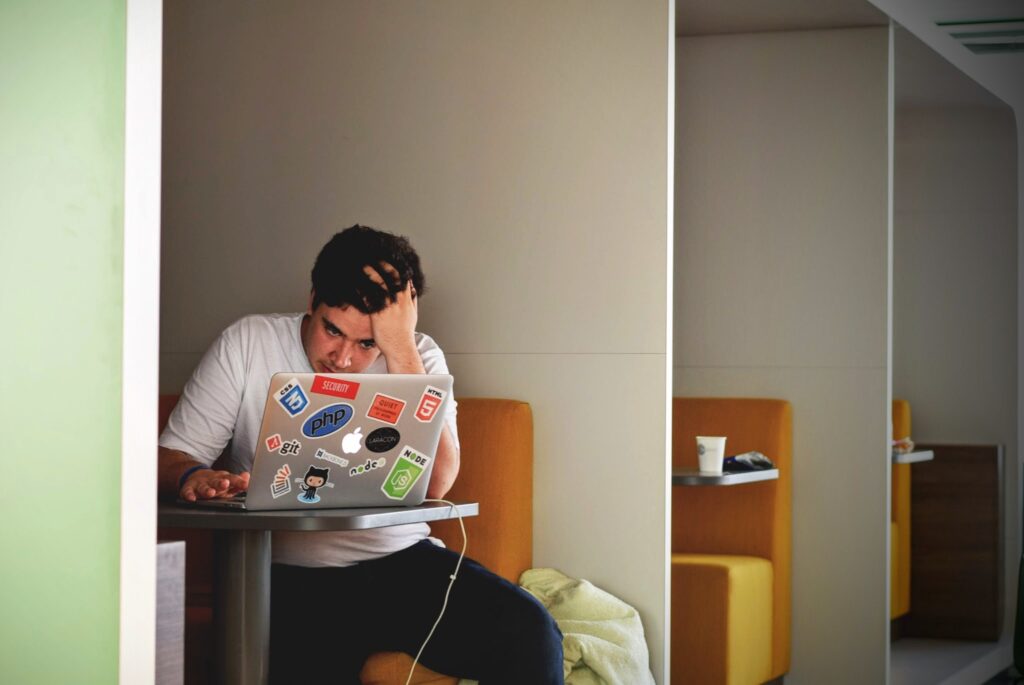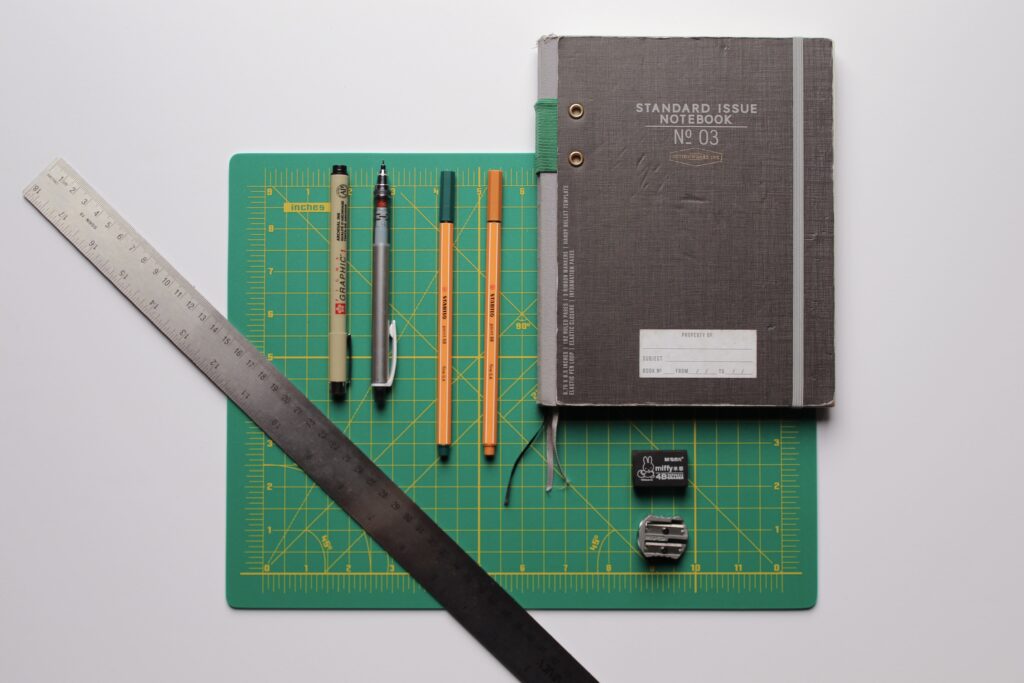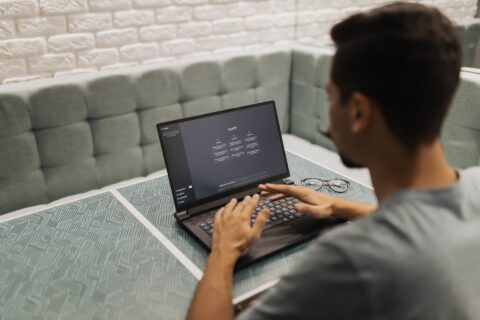With the lockdown restrictions slowly easing in some parts of the world, we’re finally on our way back to normalcy. Still, this doesn’t mean we can all forget the harsh reality we’ve come to live with. Right now it looks like there won’t be a world “after COVID” any time soon. Instead, we have entered a state of “new normal” with Coronavirus present. Moving from crisis mode to the “new normal”, we must consider our long term mental health after COVID-19. Mental health has long been an important topic among remote workers. When many office workers involuntarily joined the remote workforce, their lack of remote readiness and preparedness contributed negatively to their mental health in varying aspects.
The new normal will see many people working flexibly and even completely remote in the medium and long term future. If you have found yourself challenged mentally during Corona lockdowns, it is even more important now to tune in and develop your personal mental resilience.
Recent research has found that bad mental health contributes to the increase in unemployment. This affects people finding a job and hampers their productivity at work. Employee burnout is nothing new whether you’re remote or not, however, a key aspect is stress. Stress levels have sky-rocketed in recent years with Americans aged 15-29 being the most stressed aged group at 65% and ages 30-49 in close second at 64% according to Gallups’ 2019 annual report. Unsurprisingly, 57% of workers with high levels of stress reported being less productive and engaged at work.
So how can you manage stress to improve your mental health?

Managing stress during a pandemic is obviously not easy. In fact, there’s no quick fix to your mental health during this time. In order to manage stress, it’s important to identify the contributing factors. Once identified, using different techniques such as meditative practices or physical exercise can lower stress levels. While this is an important foundation, you must make sure that your working environment also contributes to reducing stress on a daily basis.
As a remote worker, establishing a revised daily routine post-lockdown can decrease stress-levels. Mixing familiar elements of your old routine with new habits may create the balance you need for the new normal. Reintroducing meet-ups with friends and family, and planning outings is definitely important to re-establish your work-life-balance. This is especially true if you have found yourself working more during lockdown than before. It’s also a good idea to notify your manager of your revised schedule as being constantly online may not be in the books for the upcoming weeks. Managing that work-life balance is especially important as mental health plays a big part in productivity.
Thinking of staying remote?
As an office worker before COVID-19, you may actually decide to stay remote for a while once restrictions loosen. Maybe even permanently. Now is the ideal time to have this conversation with your manager. Make sure to ask about plans for the future company policy on flexible working, and present your arguments for staying remote.
Statistics show that 77% feel employers did well in handling the transition to remote work. This presents a compelling argument for the 68% of employees that feel they are equally or even more productive from home; therefore planning to stay remote. The so-called global “home working experiment” has inadvertently promoted the remote work revolution. The new normal has been in the works for years. Now post coronavirus the evolution in the workplace, from management to office spaces, will become more prominent in the weeks to come.
However, for those living alone or closely with many family members, the forced isolation remote work may not be as appealing post-lockdown. Still, returning to work can be challenging, so don’t force yourself to be the same as before. The pandemic has brought on change around the world so accepting that change instead of ignoring it is all the better for your mental health.
Take it day by day

During lockdown, we have seen two opposing trends: Some strive to be highly productive, and self-optimise more than ever. Others advocated for taking it easy. It may be daunting to place yourself in either category, especially since mental health affects productivity levels in ways that are often unpredictable. This is why taking each day as it comes is the most realistic approach in finding that healthy balance. It’s important to focus on what you can do in that moment in time rather than forcing yourself to do something you can’t. For example, if you feel a surge of motivation to get some work tasks done, do as much as you can in that time so you feel less pressed when trying to complete them in the wrong mindset.
Consistency is key
There’s no ideal way to beat the COVID-19 blues but as long you stay consistent on accepting the present circumstances there’s a brighter future ahead. Spending so much time indoors with a negative mindset can really reduce your motivation that sticks even after being allowed out. The contrast in lifestyle can be stark. That’s why it’s important to stay consistent and begin tackling those blues as early as possible.
However, with all that being said, it’s expected that there will be somewhat of a “reverse culture shock” phenomenon for some people. Not everyone – especially introverts – will appreciate the sudden shift back to normalcy after having become accustomed to life in lockdown. Some people may actually be dreading social interaction and feel overwhelmed. Generally speaking, one of the key traits of a successful remote worker is adaptability. However, everyone adapts at their own pace. While you should be mindful of the pace that works for you, it’s also important to not put pressure on those around you just due to the sake of being released from lockdown.
Remember to stay informed with your local government advice. It is important that we as a community are taking care of ourselves, as well as precautions around those around us.
At acework, we enable businesses to build successful distributed workforces. We support with tailored remote work programs, and remote talent for your open positions. Our advisory creates actionable strategies for companies based on their culture, processes and business needs. Schedule a free strategy session to start building your high performing distributed team.
If you’re looking to hire top vetted remote talent, Register your company and start hiring here.






